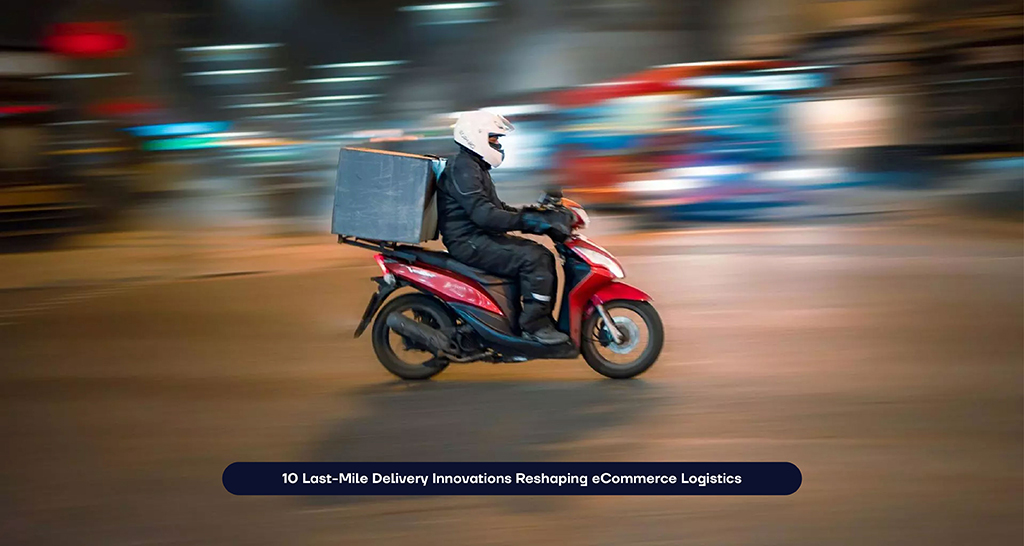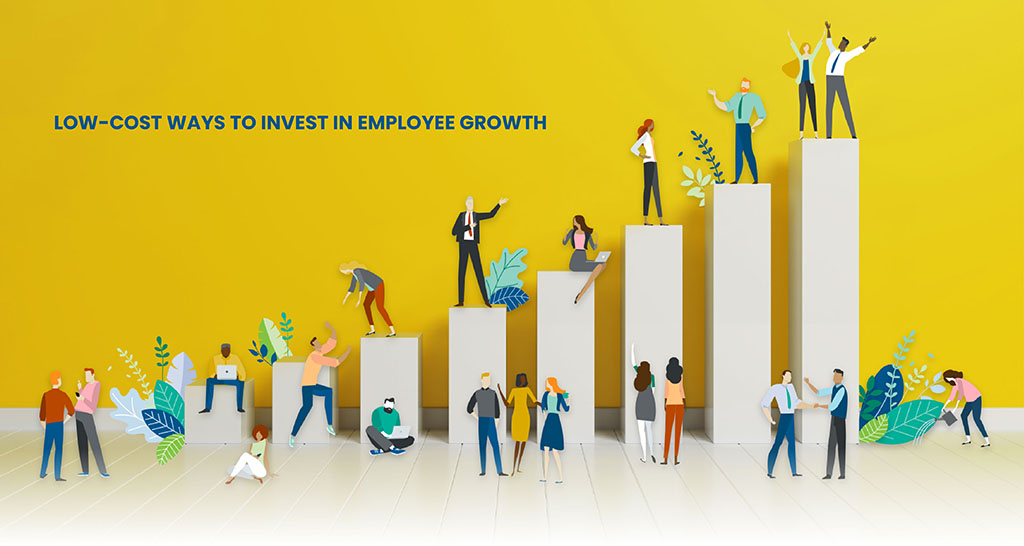In the rapidly changing landscape of eCommerce, the final stage of delivery, referred to as last-mile logistics, has emerged as a crucial area for enhancing customer satisfaction and operational efficiency. Developments in this sector are not only increasing speed and convenience but also lowering costs and minimizing environmental effects. Below are ten revolutionary innovations in last-mile delivery that are reshaping eCommerce logistics.
Autonomous Delivery Vehicles
Autonomous vans and trucks are undergoing global testing to facilitate automated deliveries. Organizations such as Nuro and Amazon are employing these vehicles to lower labor expenses and enhance package delivery efficiency.
Delivery Drones
Drones are transforming both rural and urban delivery systems by circumventing traffic congestion and minimizing delivery durations. Companies such as Wing and Zipline are at the forefront of implementing real-time drone delivery solutions for smaller packages.
Smart Lockers and Pickup Points
Intelligent locker systems enable customers to retrieve packages at accessible locations around the clock. These systems minimize unsuccessful delivery attempts and provide convenience for consumers with demanding schedules.
Crowdsourced Delivery Networks
Services such as Uber Eats and Postmates have paved the way for analogous models in package delivery. Crowdsourcing employs local, independent drivers to ensure swift and cost-effective deliveries.
Robotic Sidewalk Couriers
Compact delivery robots from firms such as Starship Technologies are currently functioning on university campuses and in urban areas. They autonomously traverse sidewalks to deliver items straight to doorsteps.
Real-Time Delivery Tracking and Visibility
Sophisticated GPS and AI-driven tracking solutions offer merchants and consumers immediate insight into delivery status, enhancing transparency and minimizing customer service inquiries.
Electric and Eco-Friendly Vehicles
To achieve sustainability objectives, logistics firms are transitioning to electric bicycles, scooters, and vans for last-mile delivery, thereby substantially reducing emissions in urban environments.
Micro-Fulfillment Centers
The strategic positioning of mini warehouses in urban locations facilitates quicker order processing and dispatch. These facilities minimize delivery distances and enhance the ability to provide same-day delivery services.
AI-Powered Route Optimization
Artificial intelligence and machine learning technologies improve delivery routes by examining traffic trends, weather conditions, and delivery timeframes, thereby increasing efficiency and reducing operational expenses.
Contactless Delivery Technologies
In the aftermath of the pandemic, the adoption of contactless delivery through applications and automated confirmation systems has become standard practice, improving safety and facilitating the handover process.
These innovations collectively seek to harmonize efficiency, cost-effectiveness, and customer satisfaction. As eCommerce expands, last-mile delivery will continue to be a central area for technological progress and service differentiation.








